


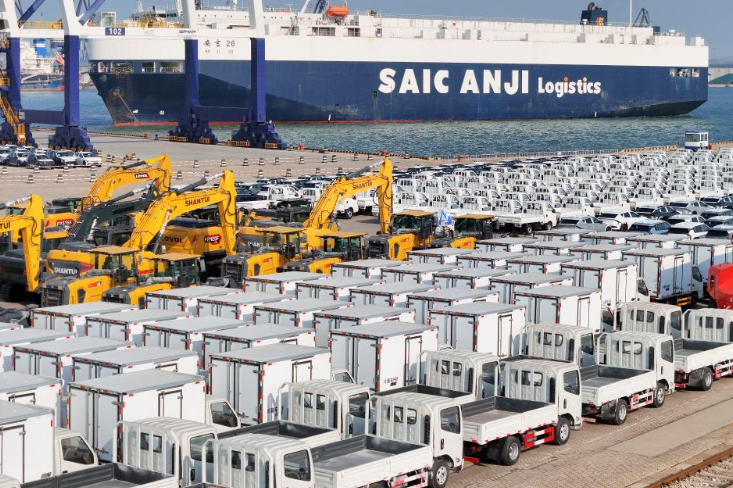
The United States' latest wave of tariff hikes may have the consequence of further strengthening trade cooperation between China and its other key trading partners, according to Chinese and foreign analysts.
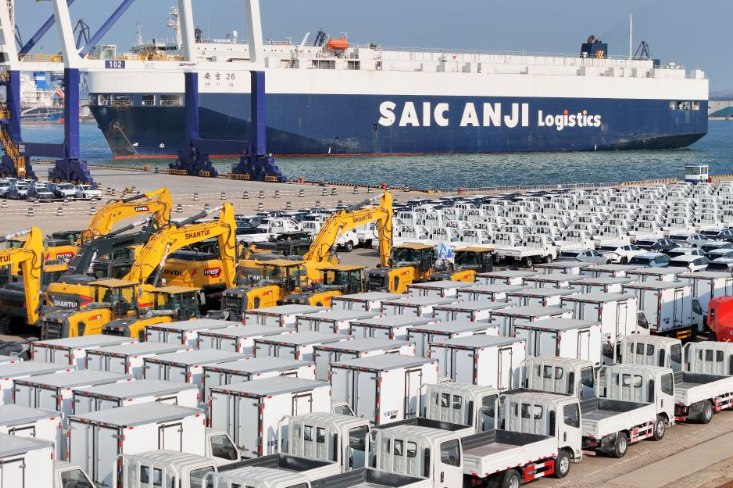
After US President Trump announced "reciprocal tariffs" on imports from multiple countries, investor sentiment worsened. Key points: Japanese stocks plunged and yen strengthened. Japan, South Korea and Australia's leaders called for responsive measures. Analysts warned of global economic slowdown. Conclusion: Japan and China should develop a free trade area. South Korea should negotiate with the US. Australia should uphold the rules - based order.
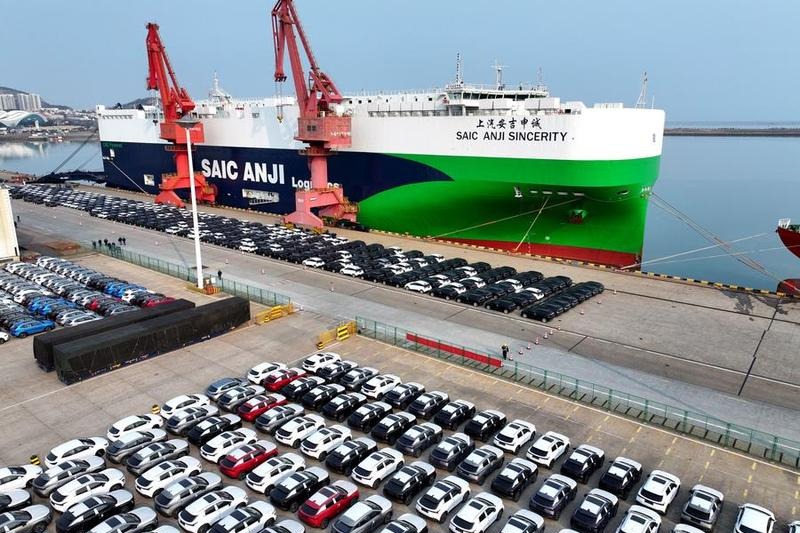
The latest round of the United States' tariff increases is likely to prompt China and its key trading partners, including South Korea, Japan, the Association of Southeast Asian Nations, and the European Union, to expand trade cooperation among themselves to sustain foreign trade and build a buffer against rising unilateralism, said Chinese and foreign scholars on Thursday.
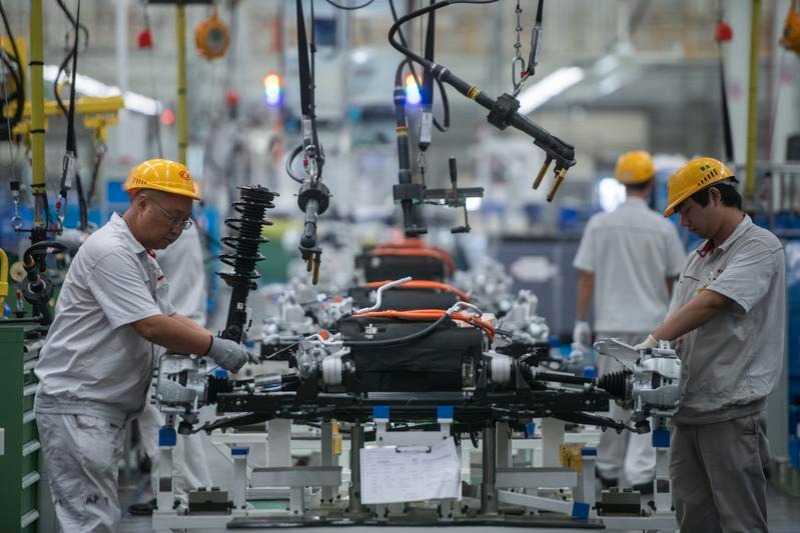
China firmly opposes the United States' announcement of "reciprocal tariffs" on all its trading partners and has vowed to take resolute countermeasures to protect its own interests, said the Ministry of Commerce on Thursday.
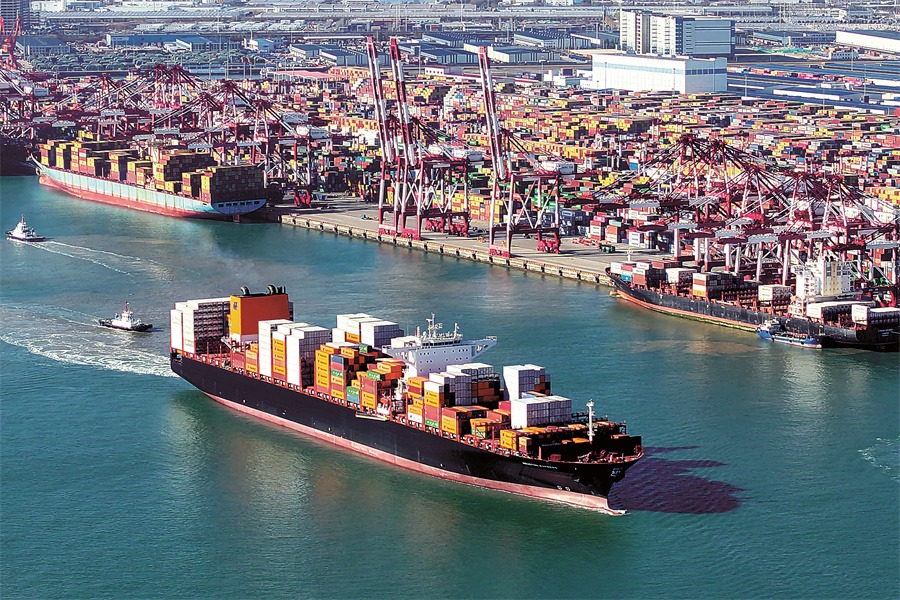
Despite the aggressive "reciprocal tariff" policy announced by the White House, senior economists believe that China's strong domestic consumption potential and its people-centric investment strategies are well-positioned to offset the risks posed by these tariff hikes.
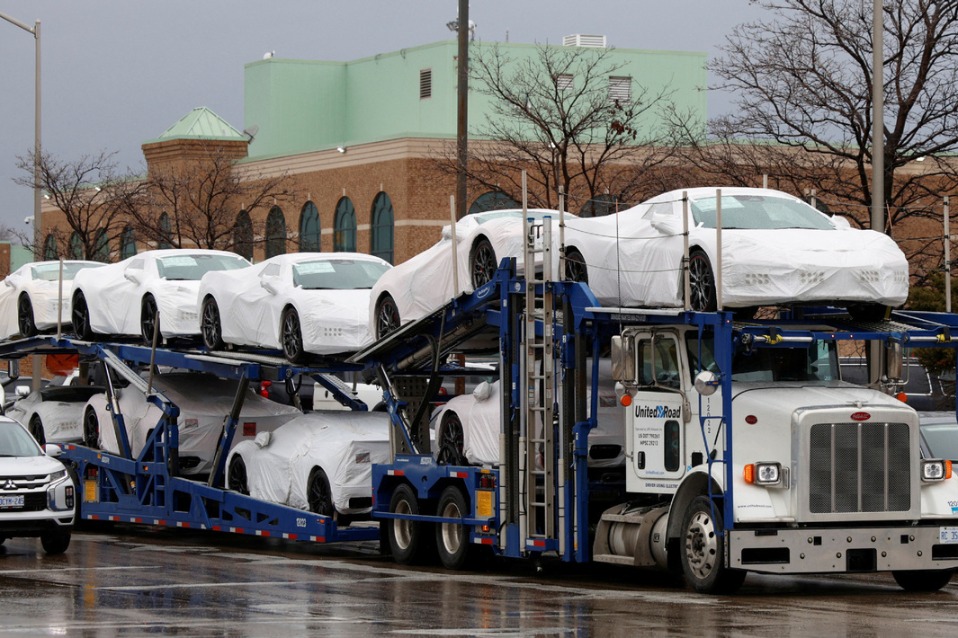
The US' imposing of so-called reciprocal tariffs on its trading partners is like an undersea earthquake that will create a tsunami of turbulence and trouble for the global economy.
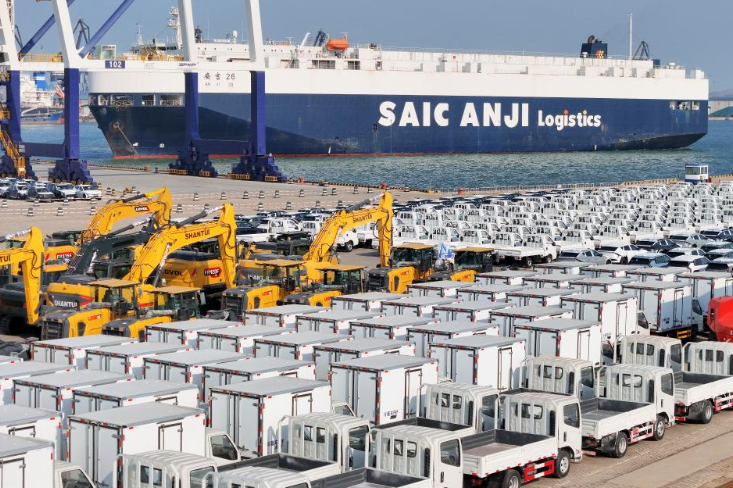
Washington's latest tariff policy is "destructive for the United States and disruptive for the world," said Jeffrey Sachs, a world-renowned professor of economics and director of the Center for Sustainable Development at Columbia University.
